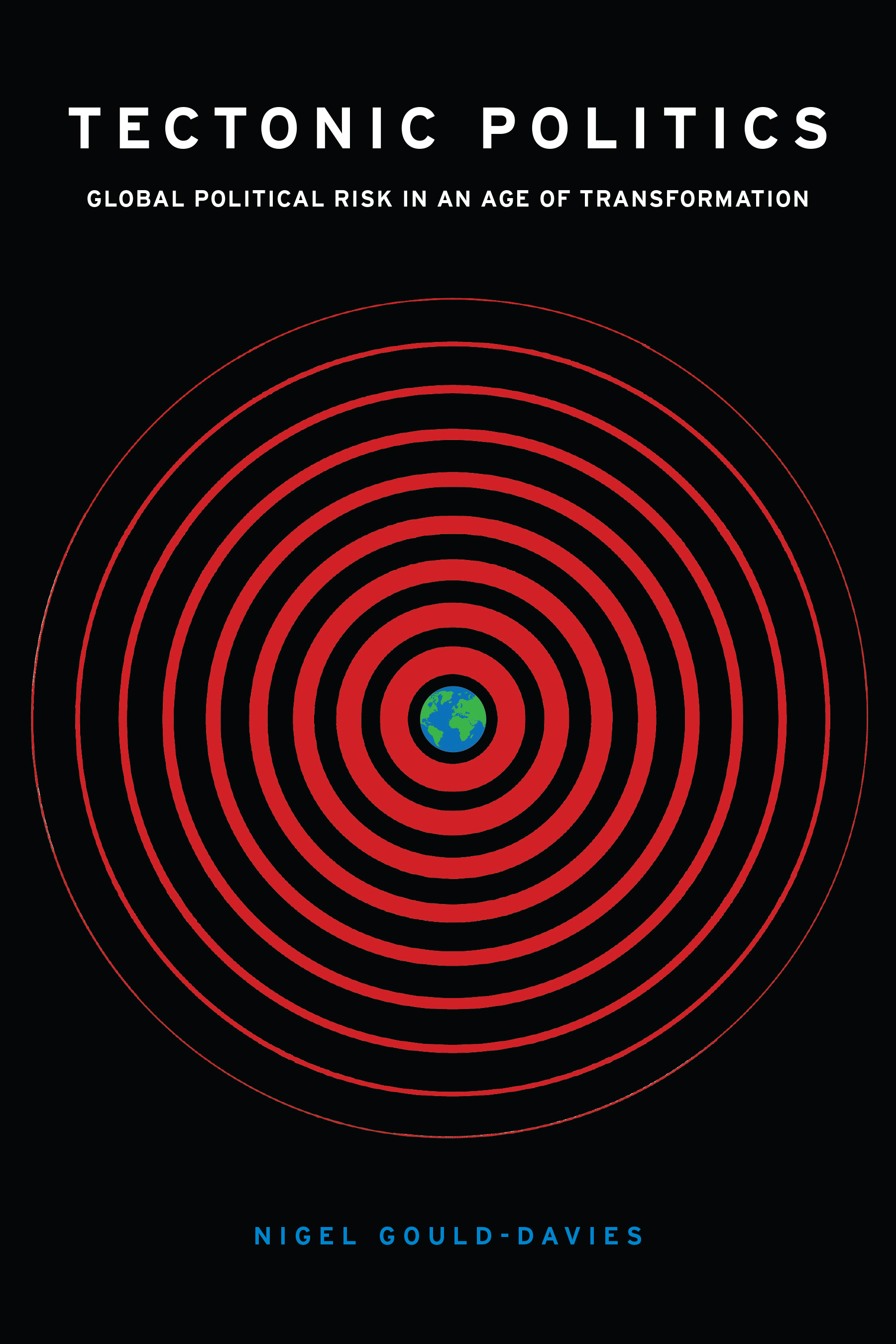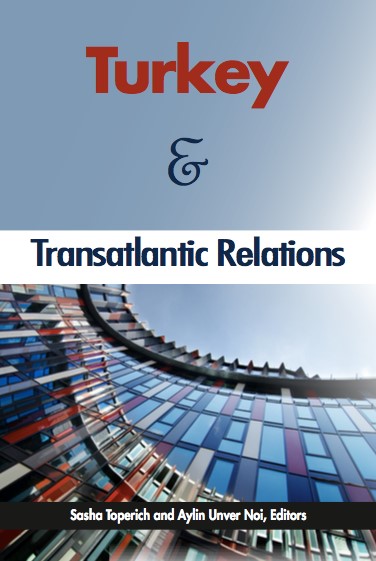Barack Obama received a truckload of criticism about his recent trip to Asia, in particular the humiliations he supposedly suffered at the hands of the Chinese leadership.
It would be hard to argue the visit was a strategic masterstroke. Yet some reportage was strikingly ahistorical. It was satirised by U.S. journalist James Fallows this way: “Obama was humiliated and stonewalled by the haughty Chinese leaders, in contrast to the titanic American presidents of yore who spoke sternly to Mao and his successors, and therefore, always got just what they wanted in Beijing.”
Obama did not speak sternly to the Chinese. Rather, he signalled that he sought an accommodation with them, in which both sides respected the other’s major interests. The question is whether such a mutual accommodation with Beijing is possible.
It will be some time before we know. But in the past fortnight, Beijing has shifted position on a couple of issues in interesting ways. The most promising was in climate policy, where coordinated statements from Washington and Beijing offer some hope for the United Nations climate change talks, which started in Copenhagen yesterday.
The world is unlikely to reach a comprehensive legal agreement in Copenhagen. But if genuine progress is made on sharing the emissions-reduction burden between developed and developing countries, it could provide a platform from which to strike a comprehensive agreement next year.
Two indicators will be the inclusion of emissions reduction targets from developed countries, and the acceptance by high-emitting developing countries to undertake binding, quantifiable and verifiable commitments.
This is where the recent announcements from China and the United States – which together produce 40 percent of the world’s greenhouse gas emissions – come in.
First, Obama said the United States would offer to cut emissions by at least 17 percent below 2005 levels by 2020, mirroring the target for the cap-and-trade scheme that would be established under a bill passed by the U.S. House of Representatives in June. The target is provisional only and subject to the legislation becoming law. It falls well short of the cuts developing countries are demanding but it is a step in the right direction and should push other developed countries to move beyond the current pledges and settle on provisional targets.
There is reason to hope the final U.S. target will be higher, as the bills before Congress include measures that could cut emissions well beyond 17 percent below 2005 levels.
Second, as if in reply, the Chinese government said it would cut its emissions per unit of economic growth (a measure known as “carbon intensity”) by 40 to 45 percent below 2005 levels, as of 2020. This means China’s emissions will be allowed to grow with its economy, but at a lower rate.
Along with commitments by Brazil, South Korea, India, Indonesia and other emerging economies, China’s announcement will help bridge the gap between developed and developing countries that has bedevilled climate change talks. It remains to be seen whether these countries will commit to being formally bound by these cuts, and whether they will allow their policies to be scrutinised internationally. But such a shift now seems more likely than before.
The cuts being discussed by developed and developing countries fall well short of those needed to avert the worst effects of climate change. But they mark a move away from the international inertia that prevailed 12 months ago, when Washington and Beijing were engaged in a futile finger-pointing exercise, whereby each refused to cut emissions until the other did so. Obama’s announcement that he will join the Chinese Premier, Wen Jiabao, and other world leaders at the conclusion of the Copenhagen talks has created extra momentum.
We should not exaggerate the significance of these developments. Talk of the United States and China constituting a “Group of Two” and resolving all the world’s challenges is wildly premature. But for a country such as Australia, which has a security alliance with the United States and economic ties with China, and which is vulnerable to climate change, Sino-U.S. cooperation on global issues is a very good thing.







